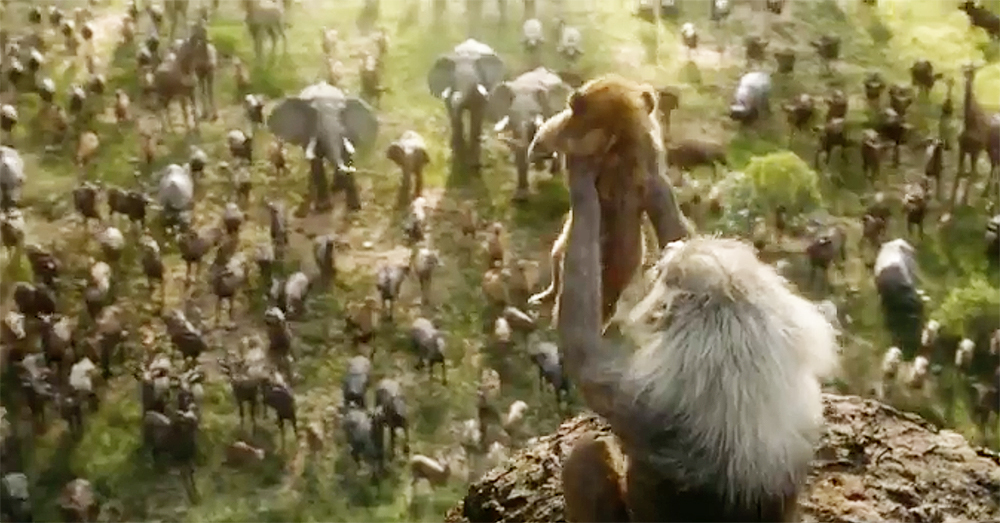
No matter the specifics, the addition of the father callout helps bring the opening segments of the song together in a way translated lines can't. The translation is tricky even if the words are clear (check out the translation at Genius) given the connotations of war that "conquer" brings in English (the word "overcome" or "achieve" has no such negative angle). RELATED: Every Live-Action Disney Remake in Production That makes the calling out to a father the cap on the first line, the second, and even this third one. After he utters this line (including the unmistakable Zulu glottoral "pop") which translate to "we will conquer," it sounds again like the ending of "Nqoba" masks another call out to the singer's father. repeat the use of "baba" in between the first and second verses of the song. And while it isn't listed in the official lyrics, it's easy to hear Lebo M. The literal meaning here is once again saying that victory, or a "conquering" will be achieved. The response from the chorus is in agreement, so any reading of it works in accompaniment to the opening scene. It could also be one of the assembled animals speaking to their father as they travel to witness their future king. The "nants" also raises the level of speech to a greater occasion or meaning, something close to "witness," or "behold." Fans can decide for themselves if the voice is metaphorically that of Simba speaking to Mufasa, either outside of the text or unspoken as he later rises to his destiny.

That's because the more fitting translation would be that "The Lion is coming, father," which is also the word the Zulu use for king.

For starters, use Google and you'll learn the Zulu word for a "lion" is ibhubesi, not ingonyama. Literally, the line says "a lion is coming, father." But instead of laughing at the seemingly mundane meaning, remember: translating the words isn't the same as translating the idea being communicated. Once the shock of seeing what syllables and words are actually being belted out over images of a savannah sunrise, the translation of both the first line, and the chorus' response seems obvious. So allow us to share the explanation for those very lines, which can be heard sung in Lebo M.'s own voice in the film's opening. With a tease like that, knowing what those lines translated to should be downright irresistible. And then later we said 'well what does it mean?' and when he explained the translation. Hans played the musical track and Lebo and his two friends started this chant, the 'Ingonyama ingwe' enamabala.' And it was just magic. Then he came back and he said, 'OK, I'm ready' - and it was all in African. And he got very thoughtful, and he walked away, and he started jotting notes on a piece of paper. The first question he asked us was 'what is the movie about?' And Roger and I explained to him, we said it's a story about a young lion who loses his father in tragic circumstances, and ultimately has to rise up to his responsibility as king. Minkoff explained the encounter in the Making of The Lion King featurette: His only choice was South Africa's "Lebo M.," and when the movie's directors Roger Allers and Rob Minkoff met him, the deal was sealed in minutes. The truth is far better, too, since Lion King composer Hans Zimmer sought out his very own exiled son of Africa to give words to the film's opening song. First things first: toss the famous Broadway adaptation of "The Circle of Life" out of your head, since it frames the song as Rafiki's voice.


 0 kommentar(er)
0 kommentar(er)
